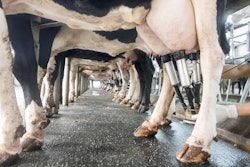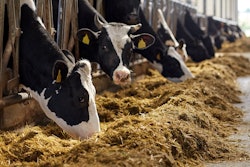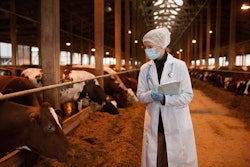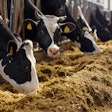
A dairy farm worker in Colorado has become the fourth known case of H5N1 in humans with exposure to cattle infected with the virus.
The announcement was made July 3 by the Colorado Department of Public Health and Environment (CDPHE), in coordination with the Centers for Disease Control and Prevention (CDC) and Colorado Department of Agriculture.
Previous cases occurred in Michigan (2) and Texas (1).
In the most recent case, the adult male had mild symptoms, reporting only conjunctivitis (pink eye). He reported his symptoms to state health officials, who tested him for influenza at the State Public Health Laboratory. Specimens forwarded to CDC for additional testing were positive for H5N1. CDPHE gave the individual antiviral treatment with oseltamivir in accordance with CDC guidance, and the patient has recovered.
“The risk to most people remains low. Avian flu viruses are currently spreading among animals, but they are not adapted to spread from person to person. Right now, the most important thing to know is that people who have regular exposure to infected animals are at increased risk of infection and should take precautions when they have contact with sick animals,” said Dr. Rachel Herlihy, state epidemiologist, CDPHE.
Coloradans should not touch sick or dead animals. If you must handle sick or dead animals, wear recommended personal protective equipment, including an N95 respirator, eye protection and gloves. If possible, wash your hands with soap and water afterward. If soap and water are not available, use an alcohol-based hand rub.
“We continue to work closely with the Colorado Department of Agriculture, local public health agencies, and CDC as we monitor this virus to protect all Coloradans,” said Scott Bookman, senior director of public health readiness and response, CDPHE. “While it’s rare for people to become infected with avian flu viruses, direct exposure to infected animals increases that risk.”

















